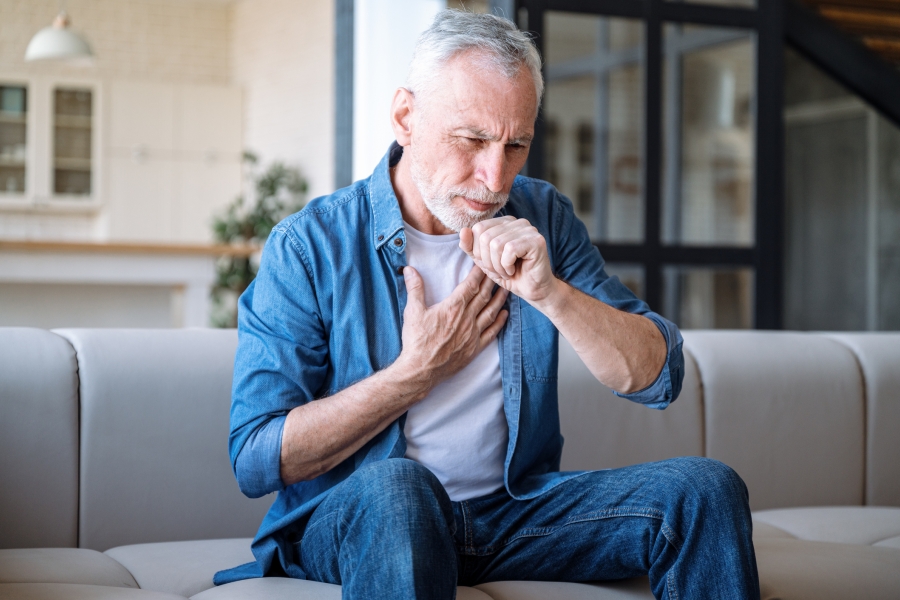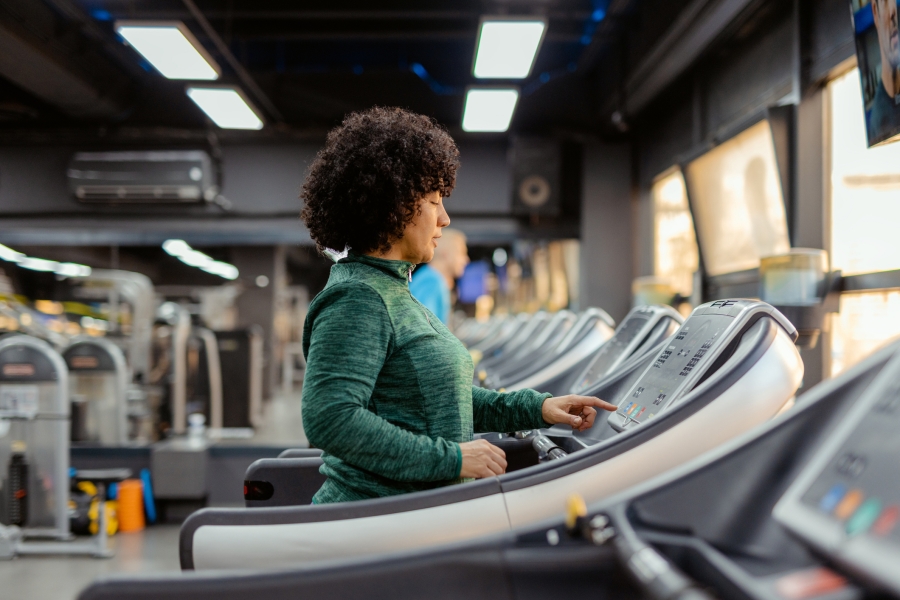During stressful times, there's no better comfort than being with family and friends. Unfortunately, it's the worst thing we can do as the 2019 novel coronavirus (COVID-19) rapidly spreads across our city and in our community.
Healthcare experts and government officials have urged us to practice social distancing to slow the spread of this very contagious virus. But when you hear social distancing, what that really means is physical distancing.
As director of linguistic services at Temple University Hospital, I’m going to explain what physical distancing means, how to keep you and your loved ones safe, and how to continue to stay connected to your friends and family during this time.
- What is social distancing?
- Can I still visit relatives and friends?
- How will I know if I've been exposed to the coronavirus (COVID-19)?
- What else can I do to protect myself and others?
- Who can I talk to if I have more questions about the coronavirus?
What is social distancing?
A more accurate name is physical distancing — intentionally increasing the physical space between people to slow the spread of disease. That means staying at least 6 feet away from other people and purposely avoiding places where there are groups of people.
Physical distancing is why schools and non-essential businesses are closed; weddings, birthday parties, sporting events and concerts are postponed; employees are working from home; and worship services and workout classes are streaming online.


